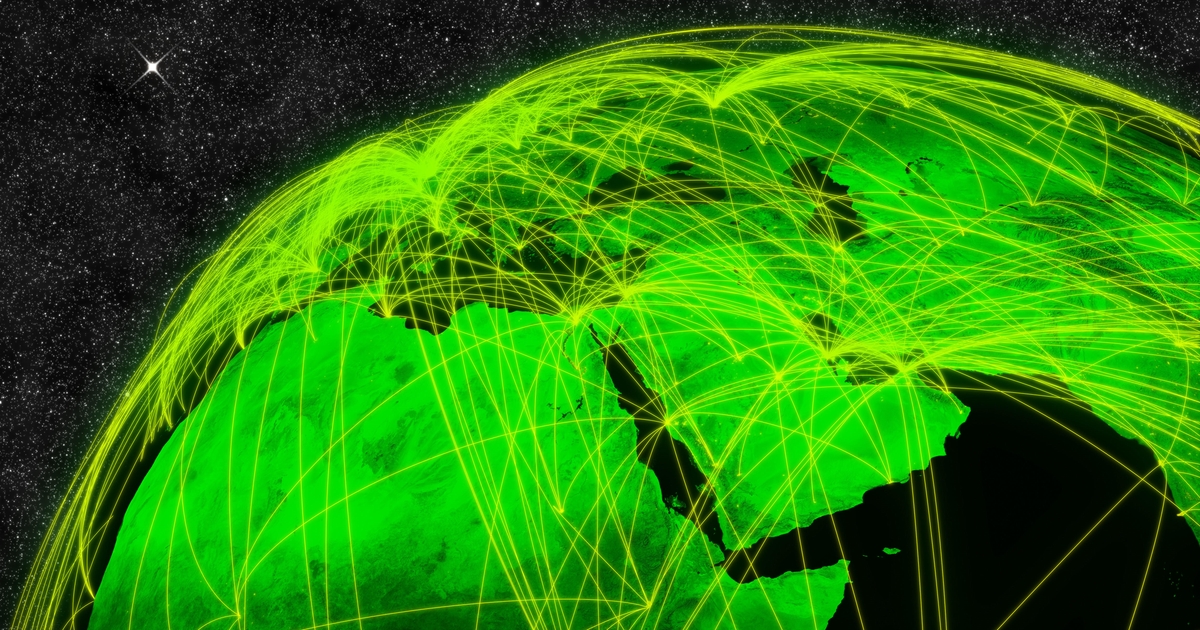World
The World’s Largest Media Companies 2024: Disney, Charter Communications And Warner Bros. Discovery All Fall

Disney dropped out of the top 100 on Forbes’ Global 2000 after several box office flops.
Kiyoshi Ota/Bloomberg
The world’s largest media companies garnered mixed reviews in 2023.
First, the good. Box office revenues climbed 21% to $8.9 billion, according to Box Office Mojo. The top-grossing movies included Warner Bros. Discovery’s Barbie ($1.4 billion worldwide) and Universal Pictures’ The Super Mario Bros. Movie ($1.4 billion) and Oppenheimer ($975 million). While these numbers haven’t yet reached the pre-pandemic high of $11.9 billion in 2018, when Black Panther led the charts, they show a strong recovery from 2020, when the pandemic dropped ticket sales by 80% to $2.1 billion.
Securing two of the top three spots at the global box office helped boost Comcast, the world’s largest media company and parent of Universal, to No. 40 on the Global 2000, an 11-spot climb from last year.
Those successes helped lift Comcast’s stock by 29% last year. The media sector as a whole performed well too. On an equal-weighted basis, shares of the 20 media companies in the Global 2000 averaged a 28% return, slightly outpacing the S&P 500 Index’s 26% showing. Leading the pack were DraftKings (No. 1993) with a 209% return and Netflix (No. 212) with a 65% gain.
Now for the bad news: the television advertising market, which executives like Warner Bros. Discovery CEO David Zaslav, expected to rebound in the second half of the year, remained sluggish. At an investor conference in November 2022, Warner Bros. Discovery’s chief lamented how ad buys were worse than during the pandemic.
Fox, the eighth largest media company, fared best with just a 1.6% decline, thanks to its sports-heavy programming slate. Warner Bros. Discovery, the sixth largest media company, experienced a 13% drop in TV advertising revenue in the third quarter of 2023 compared to a year prior. Paramount Global, the tenth largest, saw a 14% decline while Comcast’s NBC tallied an 8.4% decrease.
Warner Bros. Discovery plummeted 144 spots (No. 673), Fox 95 spots (No. 814), and Paramount 209 spots (No. 1066).
Forbes uses data from FactSet research to create its list of the largest public companies based on four data points: assets, market value, sales and profit. Market-value calculations are as of May 17, and include all common shares outstanding.
Walt Disney Co., which celebrated its centennial last year, had one of the most notable declines, falling from No. 87 last year to No. 155. Among last year’s top 100 companies, only pharmaceutical giants Pfizer Inc. (down 397 spots) and Merck & Co. (down 89 spots), along with Italian oil giant Eni S.p.A (down 70 spots), experienced more significant drops from such a high perch.
Part of Disney’s decline can be attributed to its struggling studio division.
While box office receipts continued to rebound at large, Disney’s studio floundered. According to Deadline, a Hollywood trade publication, Disney produced four of the five biggest flops of the year. The Marvels lost $237 million, Indiana Jones and the Dial of Destiny $143 million, Wish $131 million, and The Haunted Mansion $117 million.
The disastrous year for Disney’s films drove down the company’s net income for the fiscal year ending in September 2023 by 26% on a year-over-year basis. Excluding the pandemic-ravaged 2020, it was the largest annual decline in net income since 2001, when advertising revenue and theme park attendance were crushed in the aftermath of the Sept. 11 attacks. Exclude the unusual events of 9/11, and it was the biggest drop in net income since 1984, according to FactSet.
To steady the ship, Disney CEO Bob Iger announced during the company’s 3Q earnings call that spending on future releases would be scaled back.
“We’re focusing on improving the quality of our films, and on better economics, not just reducing the number of titles we release, but also the cost per title,” Iger said.
This sentiment is spreading throughout Hollywood. ProdPro, an analytics firm that tracks TV and film productions, reported in May that production spending was down 50% over the past twelve months compared to the previous year. That’s partly due to the impact of last year’s writer strike, but also reflects studios tightening their belts when it comes to production costs.








